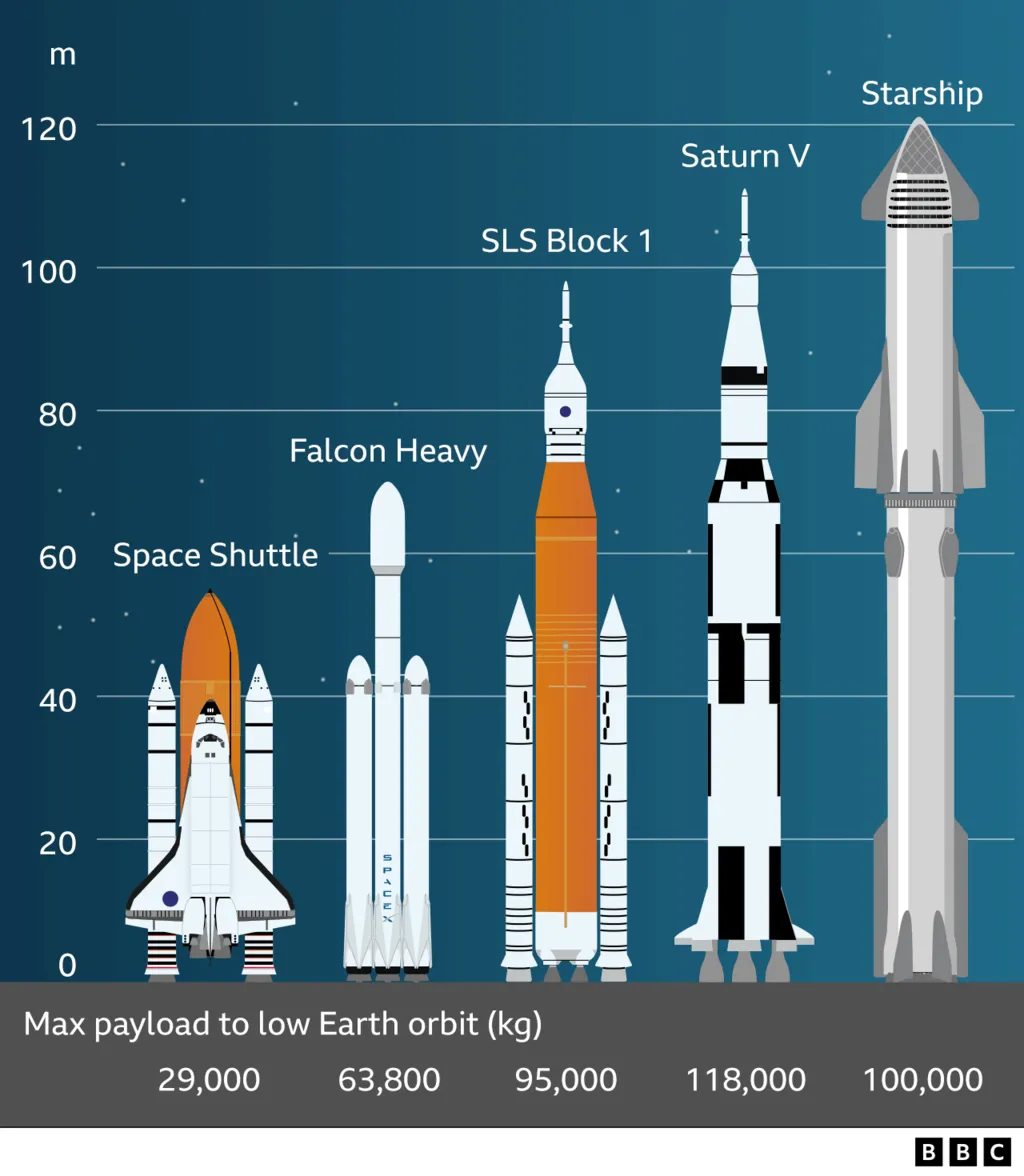CAPE CANAVERAL, Fla. — Blue Origin successfully launched its impressive New Glenn rocket on Thursday, carrying twin NASA orbiters bound for Mars. This launch represents a significant milestone for the company, founded by Jeff Bezos, and the space agency's Artemis program aiming to return humans to the moon and eventually send astronauts to Mars.
The 321-foot (98-meter) rocket lifted off from Cape Canaveral Space Force Station, setting the stage for the two Mars orbiters to embark on a year-long journey to the red planet. After facing delays due to inclement weather, the rocket soared into the blue sky, with jubilant Blue Origin staff celebrating the successful separation of its booster.
This mission, involving the identical Mars orbiters named Escapade, will shed light on Mars' upper atmosphere and magnetic fields. By mapping these areas, scientists aim to understand the historical climate changes that led to water-dominant conditions transforming into today's dry, dusty landscape.
Lead scientist Rob Lillis expressed excitement for the mission, emphasizing the importance of understanding Mars’ atmosphere interactions with solar winds. With its budget under $80 million, this endeavor signifies a cost-effective approach to space exploration.
The launch is just one of Blue Origin's ambitions as they also prepare to send a prototype lunar lander on an upcoming mission. As competition with SpaceX continues in the race to the moon and Mars, the successful New Glenn flight marks a pivotal moment for Blue Origin’s contributions to space exploration.
The 321-foot (98-meter) rocket lifted off from Cape Canaveral Space Force Station, setting the stage for the two Mars orbiters to embark on a year-long journey to the red planet. After facing delays due to inclement weather, the rocket soared into the blue sky, with jubilant Blue Origin staff celebrating the successful separation of its booster.
This mission, involving the identical Mars orbiters named Escapade, will shed light on Mars' upper atmosphere and magnetic fields. By mapping these areas, scientists aim to understand the historical climate changes that led to water-dominant conditions transforming into today's dry, dusty landscape.
Lead scientist Rob Lillis expressed excitement for the mission, emphasizing the importance of understanding Mars’ atmosphere interactions with solar winds. With its budget under $80 million, this endeavor signifies a cost-effective approach to space exploration.
The launch is just one of Blue Origin's ambitions as they also prepare to send a prototype lunar lander on an upcoming mission. As competition with SpaceX continues in the race to the moon and Mars, the successful New Glenn flight marks a pivotal moment for Blue Origin’s contributions to space exploration.


















